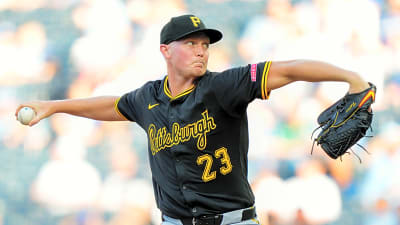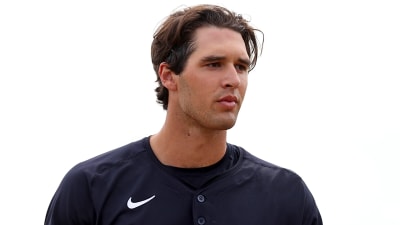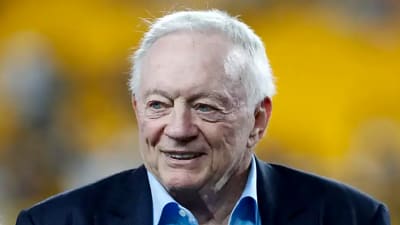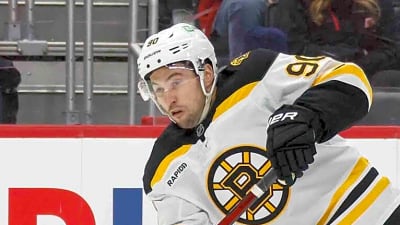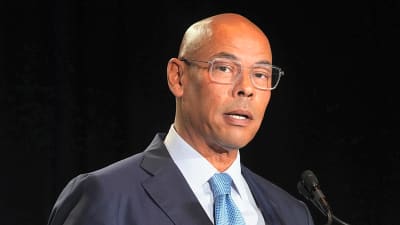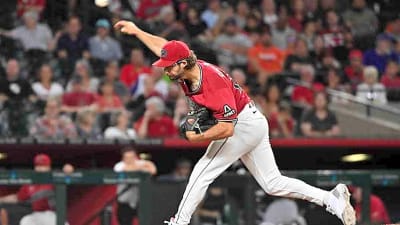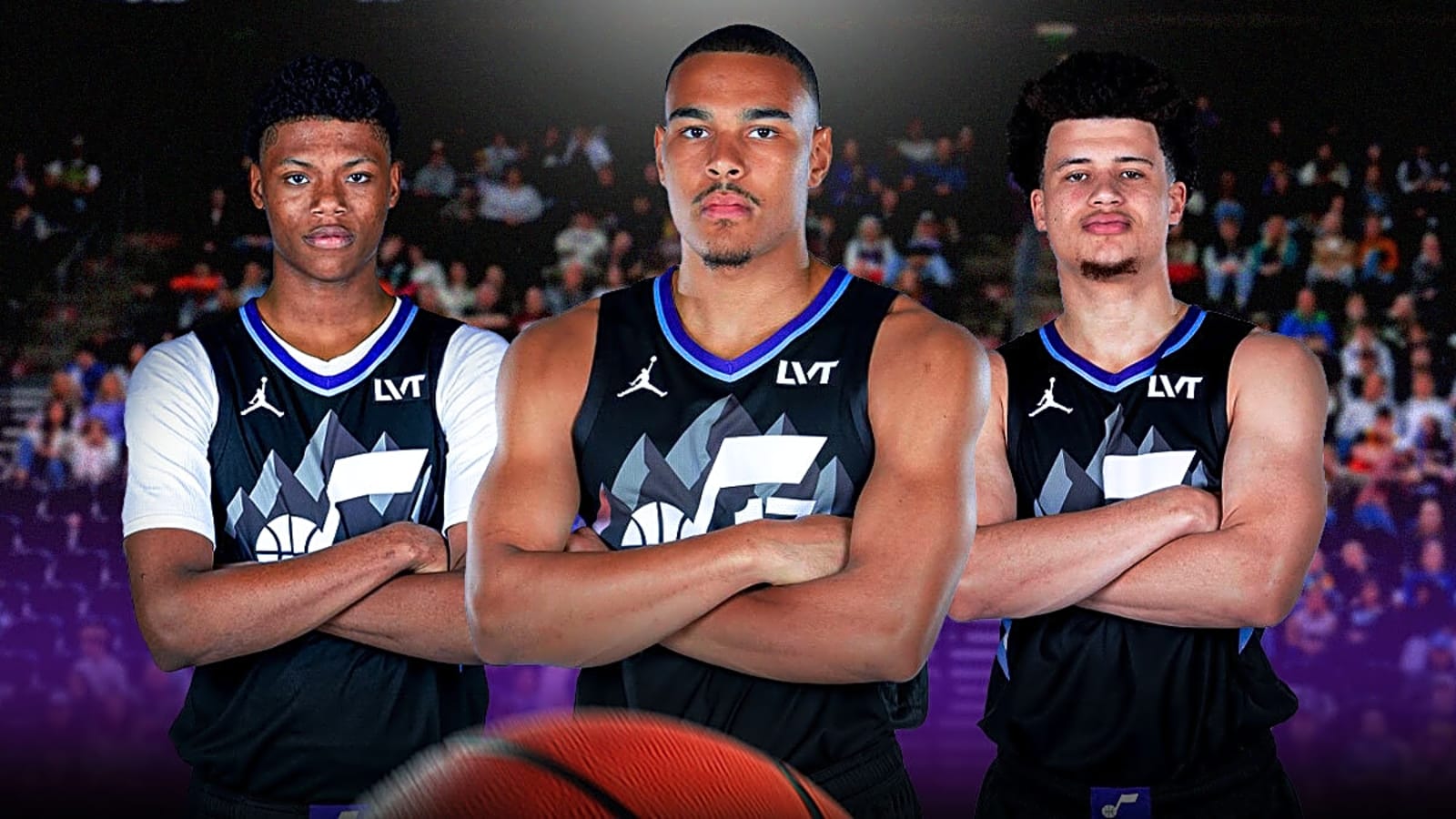
The Utah Jazz entered the 2025 NBA offseason at a crossroads, balancing the promise of a youth movement with the need for stability and leadership. With a roster already brimming with young talent and the addition of highly-touted rookies Ace Bailey, Walter Clayton Jr., and John Tonje, expectations were high for a bold free agency period that would set the tone for the franchise’s next era. Instead, the Jazz’s biggest mistake this offseason was their failure to add meaningful veteran support, an oversight that could stunt the growth of their young core and delay the team’s return to contention.
A Promising Rookie Class
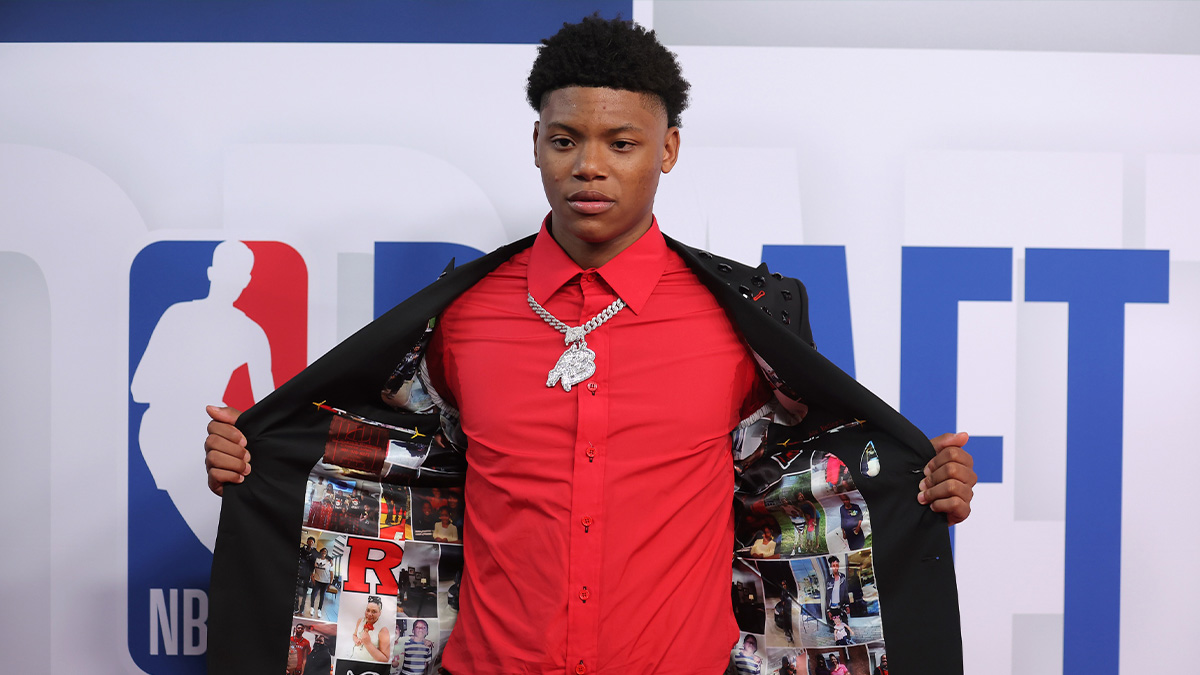
The 2025 NBA Draft was a resounding success for the Jazz. Ace Bailey, the fifth overall pick, arrived in Salt Lake City with a reputation as a dynamic scorer and a future franchise cornerstone. Bailey’s confidence and work ethic quickly became apparent, with the 19-year-old forward expressing his readiness to make an immediate impact on both ends of the floor.
Alongside him, Walter Clayton Jr., fresh off an NCAA title run at Florida, and John Tonje, a 24-year-old with six years of collegiate experience, brought maturity and polish to the rookie class. Team president Austin Ainge called the trio a “dream scenario,” emphasizing their high character and versatility.
The excitement around these rookies was palpable. Bailey’s athleticism and two-way potential, Clayton Jr.’s shot-making and leadership, and Tonje’s adaptability promised to inject new life into a Jazz team that had struggled for identity since the Donovan Mitchell era. The organization’s vision was clear: build around youth, develop from within, and cultivate a new core that could grow together.
The Veteran Void
Yet, as the dust settled on free agency, it became painfully obvious that the Jazz had neglected a critical responsibility, surrounding their young players with the right veterans. The only notable additions were Kevin Love and Kyle Anderson, both acquired via a three-team trade that sent John Collins to the Clippers.
This summer Utah Jazz turned Collin Sexton, Jordan Clarkson and John Collins into…
– Jusuf Nurkic
– Kyle Anderson
– Kevin Love
– 2030 second-round pick
– 2027 Clippers second-round pick pic.twitter.com/xx50dziAG2— Fullcourtpass (@Fullcourtpass) July 7, 2025
On the surface, these moves appeared to address the need for experience. In reality, they fell short of providing the mentorship and on-court leadership that a team built around rookies so desperately requires.
Kevin Love, a five-time All-Star and NBA champion, brings a wealth of experience, but at 37 years old, his best days are behind him. Love played just 23 games last season, averaging a modest 5.3 points and 4.1 rebounds per game for the Miami Heat. His shooting remains respectable, but his declining mobility and limited minutes raise questions about his ability to contribute meaningfully on the court or in the locker room. Kyle Anderson, while a versatile forward, has bounced between six teams in his career and has never been a vocal leader or playoff-tested veteran capable of guiding a young roster through adversity.
The decision not to pursue more impactful veterans in free agency is especially perplexing given the Jazz’s stated desire to avoid tanking and remain competitive. President Austin Ainge publicly dismissed the idea of bottoming out, emphasizing a commitment to development and winning culture. But culture is built not just through talent, but through mentorship and example. Without a core of respected veterans, the burden of leadership falls on players who are still learning the NBA ropes themselves.
The Long-Term Consequences
The ramifications of this misstep could be profound. Bailey, Clayton Jr., and Tonje all possess the tools to become quality NBA players, but their growth will be hampered if they are forced to navigate the league’s challenges without adequate guidance. Rookies often struggle with the transition to the NBA’s physicality, pace, and off-court demands. The presence of a steadying veteran, someone who has weathered the highs and lows of a long career—can make all the difference in a young player’s development.
Instead, the Jazz risk repeating the mistakes of other franchises that prioritized youth over balance, only to watch their prospects stagnate or develop bad habits. The lack of worthwhile veterans could also impact team chemistry, as young players are left to figure out roles and responsibilities without a clear hierarchy or leadership structure.
The Utah Jazz’s biggest mistake in the 2025 NBA free agency was not the talent they brought in, but the leadership they failed to secure. By relying on aging, limited veterans like Kevin Love and Kyle Anderson to shepherd their promising rookie class, the Jazz have left their young core without the support system necessary for sustained growth. While Bailey, Clayton Jr., and Tonje represent hope for the future, their ultimate success may depend on whether the front office recognizes, and corrects, this critical oversight before it’s too late.
More must-reads:
- Agent reveals if LeBron James has asked to be traded
- Cooper Flagg shows why he was No. 1 overall pick in second Summer League game
- The 'Most points in a game by NBA team in 2024-25' quiz
Breaking News
Trending News
Customize Your Newsletter
 +
+
Get the latest news and rumors, customized to your favorite sports and teams. Emailed daily. Always free!

